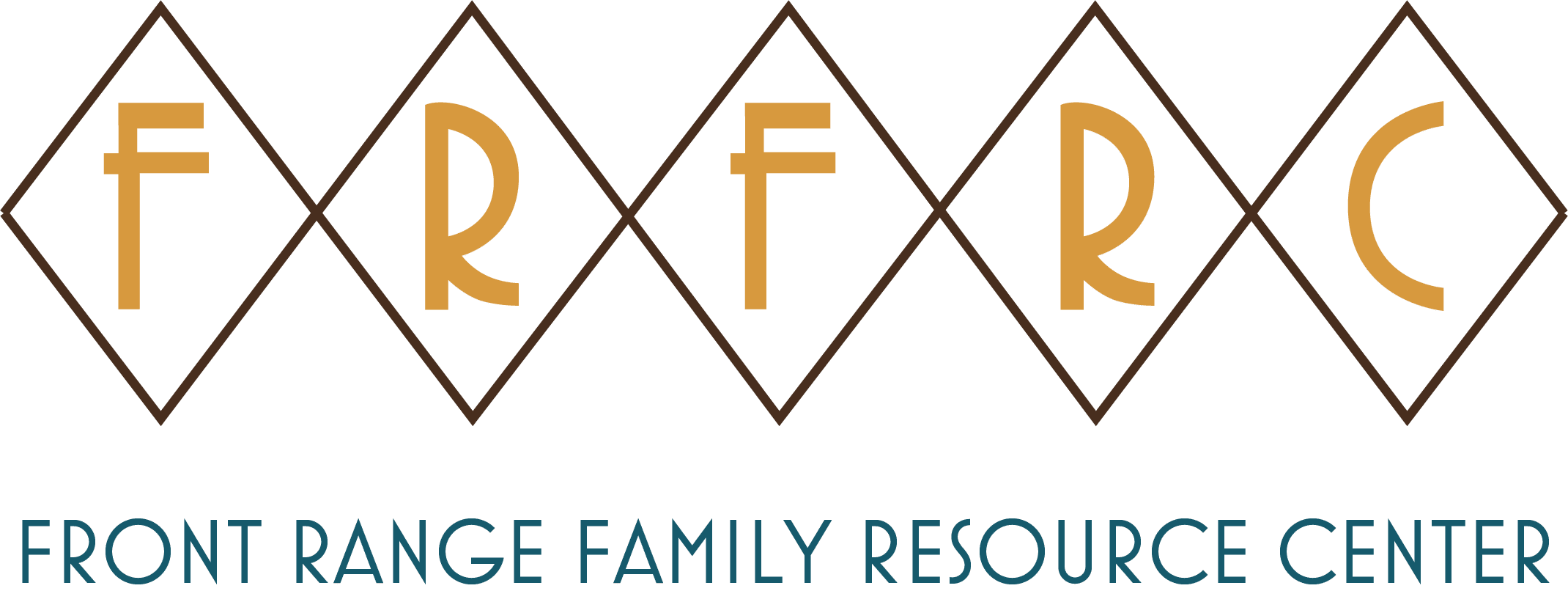Maybe you reacted aggressively when a friend made a joke that irritated you. Or perhaps you left the room rather than deal with a potentially uncomfortable situation at school or work. You might have tried to compliment someone who treated you poorly, or you might have frozen up when you were faced with a challenge. We all experience reactions like this sometimes in life. However, if you find yourself in scenarios like this over and over again, you may be experiencing a trauma response.
There are a few distinctive types of trauma responses that can occur after you’ve lived through a challenging event. Let’s explore what trauma responses are, why they happen, and how you can take steps to counteract an undesired trauma response.
Understanding Trauma Responses
A trauma response is actually a survival mechanism. Your body and brain respond to a potentially dangerous situation in order to protect you. You might feel motivated to fight back against a threat, run away from a dangerous situation, be overly complimentary to someone in hopes that they will treat you well, or freeze up when you’re concerned about your safety. All of these responses are evolutionary mechanisms that developed to keep you safe. But when you’re reacting this way due to trauma, these responses can be unhealthy.
Fight
The fight response can be very physical in nature. It’s an aggressive reaction. Even if you don’t make physical contact with anyone, you might feel like you want to push someone away in order to protect yourself. Your brain is telling you that you need to gain power over the present “threat” for the sake of your physical wellbeing. If you feel the “fight” response coming on, take a moment to physically slow down. You might want to sit down, or step away from the situation to go for a brief walk.

Flight
Your emotions are running high – and your instinct is to flee from the situation as quickly as possible. This reaction characterizes the “flight” response. Sometimes, leaving an unsafe situation is your best choice, but what if you weren’t in any actual danger? A trauma response can hold you back. When you feel like you’re about to flee from a situation, but you know that you’re physically safe, try breathing deeply to calm down. Doing bodywork like yoga in your spare time can also help you alleviate this trauma response.
Freeze
You’re stressed out, and you’re stuck in a situation that has become totally overwhelming. Suddenly, it feels like you can’t move. Maybe it even feels like you’re detached from your body. You’re barely aware of what’s going on around you. You might even be dissociating. This is known as the freeze response. You can counteract these feelings by getting grounded in your environment. Activate your five senses, and observe what you can taste, touch, feel, see, and hear.
Fawn
Someone makes you feel uncomfortable or even angry. And yet, you can’t stop yourself from trying to make them like you. This is called the fawn response. Fawning over someone who doesn’t treat you well, in hopes that they will change their ways, is a reaction born from trauma. And sometimes, you might even catch yourself engaging in these “people-pleasing” behaviors around those who have never posed any harm, just because you’re scared to share your true opinions. Identifying which feelings belong to you, and which emotions really belong to someone else, can help you get more comfortable in expressing yourself.
—
Are you struggling with trauma responses in your daily life? Working with a therapist can help. Reach out to us today to discuss your options for scheduling your first session.
